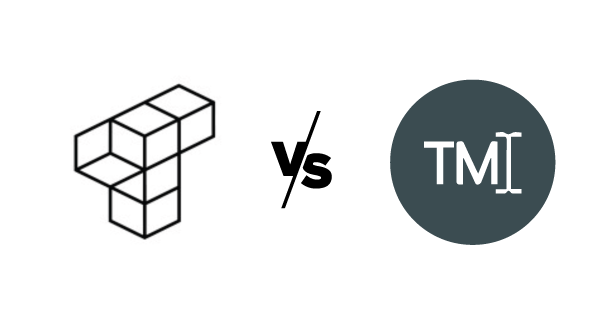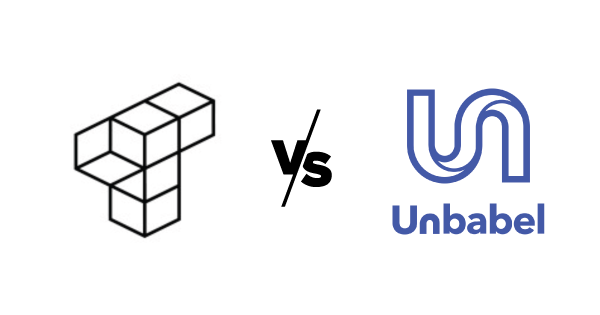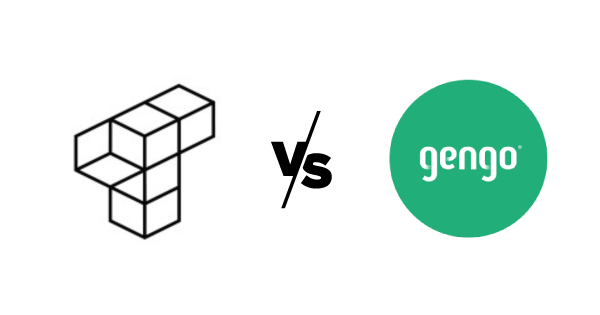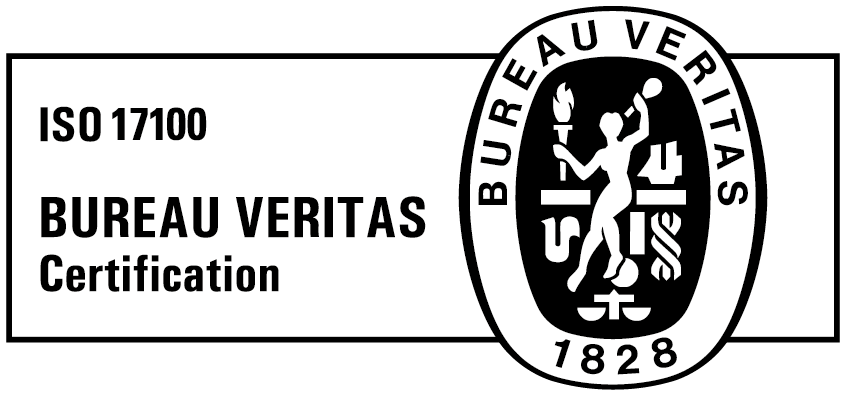Gengo vs. Unbabel: Which language service provider to choose in 2025?
Localization is the go-to strategy if you want to boost your sales on a global market. Choosing the right language service provider can be essential when reaching new markets. See our report on Gengo vs. Unbabel to find the perfect fit for your translation needs.

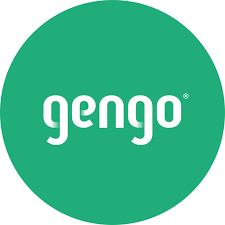
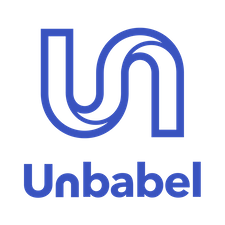
Gengo vs. Unbabel comparison table
Not all translation services are created equal. Find out what sets Gengo and Unbabel apart.
Room for improvement

Translation Quality Assurance
There is no room for error when it comes to international business strategy. Addressing your customers with a clear and error-free message is crucial to a good global strategy. Translation projects delivered in compliance with ISO standards should thus be the norm.
Unfortunately, neither Gengo or Unbabel is compliant with ISO 17100:2015 certification. Therefore, Taia can be a good alternative if you want to ensure the highest quality translations. We have obtained not just the ISO 17100, but also the ISO 9010 certification.


Lack of translation services
Both Gengo and Unbabel lack a variety of services, like interpreting and audiovisual translation services. With audio and video content playing a major role in advertising, this can really be a deal-breaker.
Taia can help you out if you need a specific service that Gengo and Unbabel don’t offer. Taia helps you with tailor-made translation solutions, designed for your industry. Check out our transcription and subtitle translation services.


Languages do not end in Europe
Gengo and Unbabel translate in 54 and 27 languages. Unbabel translates solely from English and Gengo focuses mainly on European languages.
Emerging markets are becoming more and more important in the global economy. Translating more obscure language pairs can really put you on the map. Taia can help you translate across 189 languages.

Conclusion
Gengo vs. Unbabel, who is the winner in the end? In conclusion, they both offer a wide range of high-quality translation services. Yet, there is always room for improvement.
They both offer document and legal translation services as well as API integration. However, when you dig a bit deeper, there are a number of differences to be found between them.
Gengo not only offers traditional translation services but also more technical translation services. They offer website localization, software localization, and marketing translation. In their portfolio of services, they also offer proofreading and transcription services. While Gengo offers quite a spectrum of services, they do not offer a project management dashboard.
Unbabel will provide you with a transparent PM dashboard that helps you stay on top of every project. This also allows you to have an overview as well as control over translation quality. Unbabel focuses on language support to improve customer service. Their customer service integrations will help you connect with your global audience.
Comparing both services, Gengo stands out for offering a wide range of translation services and language pairs. Meanwhile, Unbabel stands out for its customer service integration and PM dashboard.
Both Gengo and Unbabel are great translation language service providers. In the end, it all comes down to your business needs, your budget, and the key features that matter to you most.

Need help in making the best decision?
Leave us your email and our team will help you make the perfect decision
* We don’t spam your email or share it with anyone!
or
Frequently asked questions
Which platform is best for translation?
The best platform depends on your needs. Gengo is ideal for quick, lower-cost human translations, while Unbabel combines AI translation with human post-editing for customer service content. Businesses needing accurate, full-document translation with the option for ISO-certified human review may prefer Taia, which supports 65+ file formats and includes translation memory and glossary tools.
What is the best local AI translator?
For casual use, options like Google Translate or DeepL are popular. For professional and enterprise use, Taia’s AI translator offers full-document processing, formatting preservation, and glossary enforcement, making it suitable for business-critical content.
What is Gengo translation?
Gengo is a crowdsourced translation platform offering human translations at scale. It’s popular for businesses needing quick turnarounds but may not be the best fit for highly specialized or sensitive content.
What is Unbabel translation service?
Unbabel is a language operations platform that uses AI translation followed by human post-editing. It’s widely used for customer support and high-volume, short-form content, but it’s less suited to large, complex documents.
Are there companies like Unbabel for beginners?
Yes. Platforms like Gengo, Smartcat, and TextMaster also allow beginner translators to take on work after basic qualification tests. Taia works exclusively with professional translators, ensuring higher-quality output for clients.
What are the main differences between Gengo and Unbabel?
Gengo focuses on a crowdsourced marketplace of human translators, while Unbabel blends AI with human post-editing, often targeting customer service content. Taia offers both instant AI translation and human review in one platform, covering more content types and formats.
Which is better for large documents: Gengo or Unbabel?
Neither platform specializes in maintaining complex formatting or handling large, technical files. Taia is designed for this use case, with AI that preserves layout and human reviewers who ensure accuracy for specialized content.
Can I integrate Gengo or Unbabel into my existing workflow?
Unbabel offers integrations with customer service platforms like Zendesk and Salesforce. Gengo provides an API for custom integrations. Taia also offers API access, making it easy to connect to CMS, localization systems, or other internal tools while leveraging translation memory for consistency.
